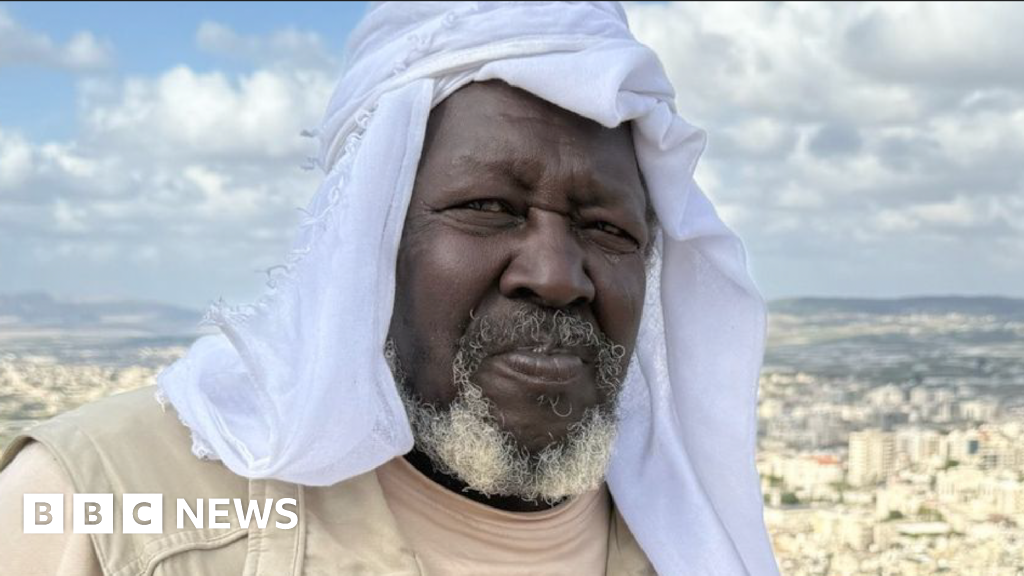rights expert — Global Issues
The development follows the UN World Food Programme (WFP)’s announcement that it would be cutting back on assistance to those sheltering in the vast Cox’s Bazar camp complex from 1 March because of a lack of funding.
“These rations cuts are a stain on the conscience of the international community,” said Tom Andrews, UN Special Rapporteur on Myanmar. “I have spoken with desperate families in the camps who have already had to cut back on essential food items due to a spike in prices. Reversing these cuts in food aid is literally a matter of life and death for Rohingya families.”
One million impacted
Mr. Andrews, who reports to the Human Rights Council in Geneva in an independent capacity, said that the cuts would impact nearly one million Rohingya refugees who fled attacks and persecution by the Myanmar military in 2017.
UN humanitarians have already warned that four in 10 Rohingya children now sheltering in Bangladesh suffer from stunted growth. Anaemia also affects more than half of the youngsters in Cox’s Bazar camps and more than four in 10 pregnant and breastfeeding Rohingya women.
The World Food Programme has reported that it has a $125 million funding shortfall to provide lifesaving assistance to the Rohingya, whose monthly ration has been slashed from $12 to $10.
Families can use this money to choose from over 40 dry and fresh food items at WFP outlets throughout the camps. But the repercussions of the cutbacks “will be dire”, the UN agency said, as other critical services are already dwindling, almost six years into the Rohingya crisis.
Empty words
UN News
Thomas Andrews, independent human rights expert on Myanmar, gives a briefing via videoconference.
Echoing that warning, Special Rapporteur Andrews called for immediate support from UN Member States who had offered only “rhetorical support” for the Rohinyga. But “Rohingya families cannot eat political rhetoric”, he said.
“It is past time for UN Member States to replace empty declarations of support with life saving action,” Mr. Andrews said.
If no further humanitarian funding is forthcoming, “these cuts will be even deeper over the next two months, with food rations reduced by a third”, the Special Rapporteur continued. “That would mean that, on average, Rohingya refugees in Bangladesh camps would need to try and survive on $0.27 per day”.
Check out our Latest News and Follow us at Facebook
Original Source







